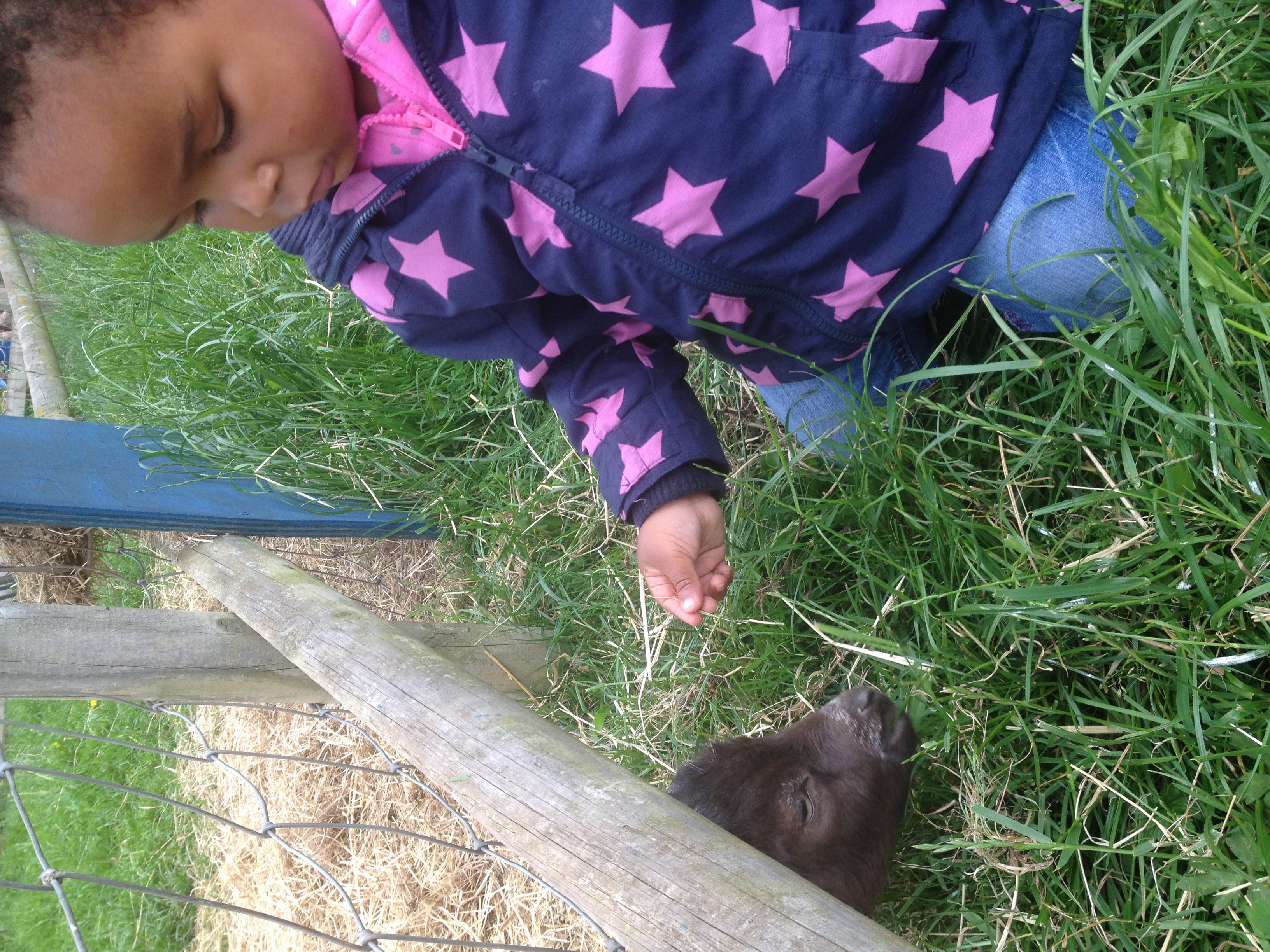
O Lord. You have searched me and you known me! You know when I sit down; and when I rise up. You discern my thoughts from afar. You search out my path and my lying down and are acquainted with all my ways.
Psalm 139: 1-3
In Psalm 139 we find a beautiful description of the Father’s detailed knowledge of His children. A knowledge beyond our full comprehension; comfort shrouded in mystery.
Could we allow this passage to illumine our approach to assessing children? How might that shift our perspective? Assessment is ultimately about knowing. While we are perfectly known by God, we wrestle with inherent limitations in our capacity to know others. What we see is filtered by our own experiences and expectations.
Some years ago in an assessment course, an insightful professor advised us to “avoid premature, closed judgements” when reflecting on observations of children’s progress. He insisted we understand both the value and the limitations of assessment. We acknowledged the dangers of reading too much into any one assessment measure and the imperative of remaining open to the child’s ongoing expression of interests and abilities. In short, “don’t decide too soon, and hold your interpretations loosely”, because children are multifaceted and development is dynamic.
Assessment forces us to dwell in the tension of an imperfect process. Documenting today’s experiences with a child as definitive can feel false and incomplete. Children are so much more than a collection of skills and dispositions. On what form do we note unfolding destinies? Limitations are embedded within each assessment measure. What does it require us to attend to? What is omitted?
Appraising the strengths and shortcomings of assessment tools allows us to identify ways to reframe and augment the process. Do we want to capture children’s questions about spiritual things or their response to nature? While we’re documenting inquiry and thinking processes, can we also glimpse evidence of spiritual growth? Perhaps we’ll be reminded of the complex and lively relationship between inquiry, knowing and wonder. Might we find transcendence in the mundane?
Looking beyond what is required to what might be enables us to embed the joyful surprise of knowing children in a prescribed process. When we describe what a child knows and is able to do, we are merely pinning down observed moments for future reflection. Left unpinned, our ‘noticings’ might float away, missed opportunities for considered response. By embracing the process, assessment leads us into intentional teaching, guiding us to adjust ourselves and our environments to the children. When we allow the process to call us to careful observation, sensitive response and a disposition to celebrate, assessment becomes a gift. While this gift demands thoughtfulness, precision and discipline, it also yields the rewards of deeper knowledge of individual children and defined understanding of teaching, learning and childhood.
Looking beyond the specifics of data collection to the larger purpose of knowing and celebrating children can transform drudgery to wonder. When we approach assessment as following our Father’s model of knowing and seeking, we might experience a taste of the same pleasure our Lord finds in knowing and loving us.
By Leanne Leak
Leanne Leak is the Executive Assistant at University Covenant Nursery School in Davis California. She formerly served as Early Education Field Director for the Association of Christian Schools International (ACS/) and delights in encouraging those who work with young children.
